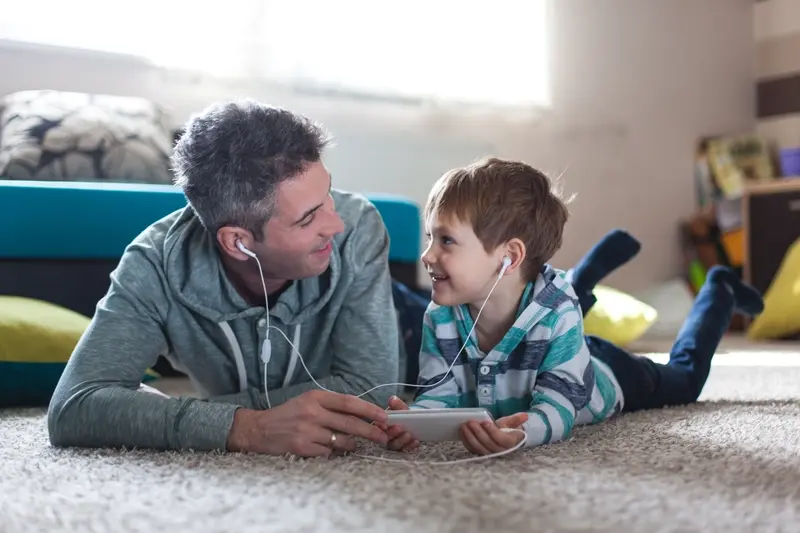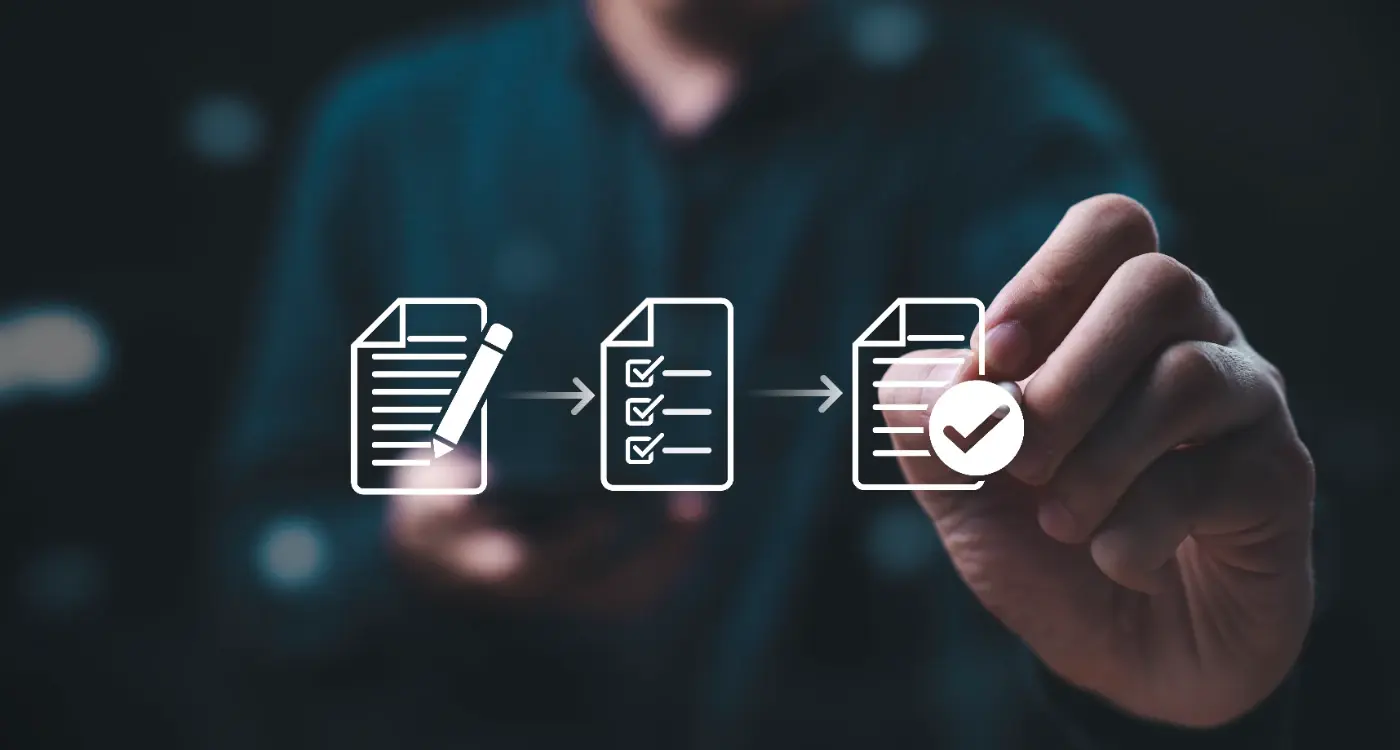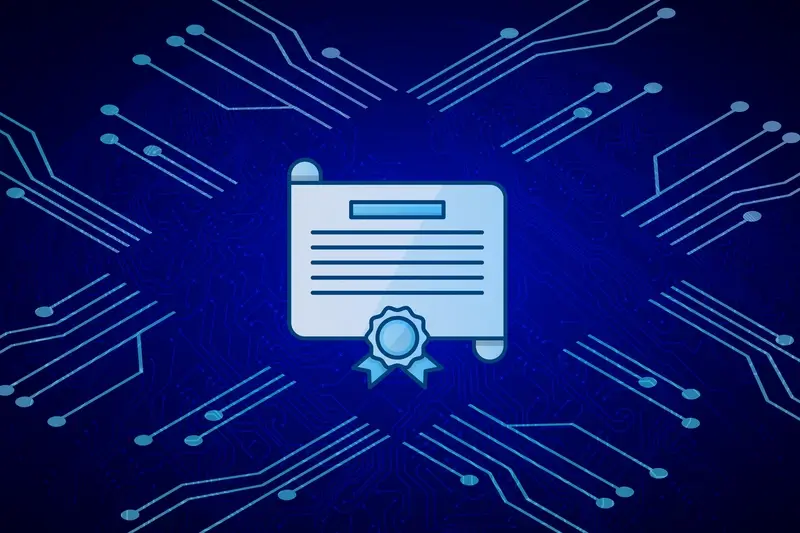What Licences Do I Need to Stream Music Legally in My App?
Did you know over 40% of music streaming apps get shut down within their first year due to licensing violations? That's a staggering number that should make any app developer sit up and pay attention. I've been working in mobile app development for over eight years, and I've seen countless brilliant app ideas crash and burn—not because they weren't technically sound or user-friendly, but because the founders completely overlooked music licences and legal compliance. It's one of those areas that seems straightforward until you realise it absolutely isn't.
The thing about streaming rights is that they're everywhere in the music world, but most app developers don't even know they exist until they get a cease and desist letter. You might think that because you can listen to a song on Spotify, you can use it in your app. Wrong. Or perhaps you believe that buying a track on iTunes gives you the right to stream it to your users. Also wrong. The reality is that music licensing is a complex web of different rights, organisations, and fees that can make or break your app before it even gets off the ground.
Understanding music licensing isn't just about avoiding legal trouble—it's about building a sustainable business that respects artists and operates within the law
This guide will walk you through everything you need to know about music licences for your app. We'll cover the different types of streaming rights you'll need, which organisations you'll be dealing with, and most importantly, how to budget for these costs from day one. By the end, you'll have a clear roadmap for keeping your app legally compliant whilst building something your users will love.
Understanding Music Licensing Basics
Music licensing can feel overwhelming when you're developing an app that streams music. I've worked with countless developers who thought they could just add their favourite songs and hope for the best—spoiler alert: that doesn't end well! The truth is, music licensing is a legal framework that protects creators and ensures they get paid for their work.
When you play a song in your app, you're using someone else's intellectual property. That song has multiple owners: the songwriter, the recording artist, the record label, and sometimes a publisher. Each of these parties has rights that need to be respected and paid for.
The Two Main Types of Rights
Every song actually has two separate copyrights that you need to understand. The composition rights belong to the songwriter and publisher—this covers the melody, lyrics, and musical arrangement. The sound recording rights belong to whoever owns the actual recording, usually the record label or artist.
Think of it this way: if you wanted to use "Happy Birthday" in your app, you'd need permission for both the song itself and the specific version you're using. The Beatles' version would require different permissions than a cover version by another artist.
What Happens Without Proper Licensing
Using music without the right licences can lead to serious consequences. Rights holders can send takedown notices, demand payment for unauthorised use, or take legal action. The costs can be astronomical—we're talking about potential damages that could sink a startup before it even gets going.
- Copyright infringement claims and legal fees
- Removal of your app from app stores
- Hefty fines and damage payments
- Loss of credibility with users and investors
The good news? Getting the right licences isn't impossible—it just requires understanding what you need and working with the right organisations to secure them legally.
Types of Music Licences Your App Needs
Right, let's get straight to the point—there are several different music licences you'll need depending on what your app does with music. It's not just one licence fits all, which would be nice, but that's not how the music industry works.
The main types of music licences break down into three categories: performance licences, mechanical licences, and synchronisation licences. Performance licences cover playing music to the public—yes, your app users count as the public. Mechanical licences deal with reproducing and distributing music recordings. Sync licences are needed when you're pairing music with visual content like videos or games.
Performance and Mechanical Rights
Most streaming apps need both performance and mechanical licences. Performance rights kick in when your app plays music to users; mechanical rights apply when you're storing, copying, or distributing music files. These are separate rights owned by different people—the songwriter holds mechanical rights whilst performance rights belong to whoever owns the recording.
Master Recording Rights
Then there's master recording rights, which cover the actual recorded version of a song. This is different from the composition rights. You need permission from the record label or whoever owns the master recording to stream their version of a track.
Start by identifying exactly how your app will use music—streaming, downloading, background music, or user-generated content—as this determines which licences you need.
The complexity comes from needing multiple licences for a single song. One track might require performance, mechanical, and master recording licences from different rights holders. That's why most developers work with licensing organisations rather than trying to secure individual permissions.
Performance Rights and Public Performance Licences
Performance rights are probably the most straightforward type of music licence you'll encounter when building a streaming app. These rights cover what happens when music gets played to the public—and yes, your app users count as "the public" even if they're listening through their headphones at home.
When someone streams a song through your app, you're technically giving a public performance of that music. The songwriter and publisher own these performance rights, and they want to get paid when their music is performed. Fair enough, really.
What Performance Rights Cover
Performance rights kick in whenever music is transmitted or broadcast to an audience. This includes radio stations, restaurants playing background music, and your streaming app. The rights holders—usually songwriters and music publishers—collect royalties each time their songs are performed publicly.
Your app needs a public performance licence before you can legally stream any copyrighted music to users. Without it, you're infringing on the rights holders' intellectual property, which can lead to expensive legal troubles down the line.
Getting Your Performance Licence
Most countries have performing rights organisations that handle these licences on behalf of songwriters and publishers. In the UK, that's PRS for Music. In America, it's ASCAP, BMI, and SESAC. These organisations make life easier—instead of tracking down thousands of individual rights holders, you can get a blanket licence that covers their entire catalogue.
The licensing process varies by organisation, but you'll typically need to provide details about:
- Your app's functionality and user base
- How many songs you plan to stream
- Your expected revenue or subscriber numbers
- The geographical regions where your app will operate
Performance licences are usually the foundation of your music licensing setup—get this sorted first, then work on the other types of rights your app needs.
Mechanical Rights and Synchronisation Licences
Right, let's talk about two types of music licences that often get mixed up—mechanical rights and synchronisation licences. They're different beasts entirely, and understanding which one you need (or if you need both) can save you a massive headache down the line.
Mechanical rights cover the reproduction of music. Think of it this way: every time someone plays a song in your app, you're technically making a copy of that recording. The mechanical licence gives you permission to do exactly that. If your app streams music directly to users, you'll need mechanical rights for every single track in your catalogue.
When You Need Synchronisation Licences
Synchronisation licences—or sync licences as they're commonly called—come into play when you're combining music with visual content. This includes background music in videos, promotional clips within your app, or any situation where audio and visual elements work together. Many app developers overlook sync licences, but they're absolutely necessary if you're creating multimedia content.
The difference between mechanical and sync licences often determines whether an app launches legally or faces immediate takedown notices from rights holders
Getting the Paperwork Sorted
Here's where it gets a bit tricky: you might need to secure these licences from different organisations or rights holders. Mechanical rights are often handled through collecting societies, whilst sync licences typically require direct negotiation with publishers or rights holders. Some apps need both types of licences—streaming services usually do, for instance. The key is identifying exactly how music functions in your app before you start the licensing process; it'll save you time and money in the long run.
Digital Distribution and Streaming Rights
When you're streaming music in your app, you're dealing with something called digital distribution rights—think of this as permission to deliver music files over the internet to your users. This isn't the same as the performance rights we talked about earlier; this is about the actual transmission of the digital file itself.
The music industry has created specific licences for digital streaming that cover different types of usage. Interactive streaming (where users can pick specific songs) requires different permissions than non-interactive streaming (like radio-style playlists). Most apps fall into the interactive category, which means you'll need what's called a digital phonorecord delivery licence or DPD.
Key Digital Rights You'll Need
Digital streaming involves multiple rights holders, and you'll need permission from each one. The record label or distributor controls the sound recording rights, whilst the publisher or songwriter controls the musical composition rights. Getting both sorted is absolutely necessary—miss one and you're still operating illegally.
Here's where it gets interesting: some licensing organisations can bundle these rights together, making your life much easier. Others require separate applications and payments. The approach varies significantly depending on which country your users are in and where your app is based.
Territory and Usage Restrictions
Digital rights are almost always tied to specific territories. A licence for the UK won't cover users in France or Germany—you'll need separate agreements for each region where your app is available.
- Interactive streaming rights (users choose specific tracks)
- Non-interactive streaming rights (radio-style listening)
- Download rights (if users can save music offline)
- Territory-specific permissions for each country
- Usage reporting requirements and royalty calculations
The reporting requirements for digital streaming can be quite detailed too—expect to provide monthly usage data, user numbers, and revenue figures to your licensing partners.
Working with Music Licensing Organisations
When you need music licences for your streaming app, you'll be dealing with several different organisations. These groups collect money on behalf of musicians and songwriters—think of them as the middlemen who make sure artists get paid when their music is used.
The main players you'll encounter include performance rights organisations like PRS for Music in the UK, ASCAP and BMI in the US, and SOCAN in Canada. Each country has its own setup, which can get confusing quickly. What's more, many of these organisations have reciprocal agreements with each other, meaning a licence from one might cover territories you didn't expect.
Getting Started with Licensing Organisations
Most licensing organisations have online portals where you can apply for licences directly. You'll need to provide details about your app, expected user numbers, and how the music will be used. Some organisations are more app-friendly than others—digital music services have become a big part of their business, so many have streamlined their processes.
Start your licensing conversations early in your app development process. Some organisations can take weeks or even months to process applications and issue licences.
What to Expect During the Process
Be prepared for paperwork. Lots of it. You'll likely need to submit financial projections, technical specifications about your streaming setup, and detailed information about your business model. The organisations want to understand exactly how their members' music will be used and how much revenue you expect to generate.
- Complete detailed application forms for each territory you plan to operate in
- Provide business plans and revenue forecasts
- Submit technical documentation about your streaming infrastructure
- Pay application fees and setup costs upfront
- Agree to regular reporting requirements once your app launches
Don't be surprised if different organisations have different requirements. What works for one might not work for another, and you'll need to adapt your approach accordingly.
Costs and Budgeting for Music Licences
Let's talk money—because that's what everyone really wants to know when it comes to music licensing. The truth is, costs can vary wildly depending on what you're building and how many people will use your app.
Most licensing organisations use different pricing models. Some charge based on your app's revenue; others look at user numbers or streaming volume. PROs like PRS for Music in the UK typically charge a percentage of your gross revenue—usually somewhere between 1% and 5%. That might not sound like much, but it adds up quickly when your app takes off.
Budget Planning Tips
Start by getting quotes from multiple licensing bodies early in your development process. Don't wait until launch day to discover you need £10,000 upfront for licensing fees. Many organisations offer startup rates or tiered pricing that grows with your business, which can be a lifesaver when you're bootstrapping.
Here's what I always tell clients: budget at least 10-15% of your total development costs for music licensing if streaming is core to your app. It sounds like a lot, but legal troubles cost far more than proper licensing ever will.
Hidden Costs to Watch For
Licensing fees aren't the only expense. You'll need legal advice to review contracts—budget £2,000-£5,000 for proper legal support. Some licences require minimum annual payments regardless of usage, and international expansion means additional fees for each territory.
The good news? Many licensing organisations are getting more app-friendly with flexible payment terms and clearer pricing structures. Shop around, negotiate where possible, and always read the fine print before signing anything.
Conclusion
Getting music licences right isn't just about ticking boxes—it's about building an app that can grow and thrive without legal headaches down the line. I've seen too many promising apps get stopped in their tracks because they didn't sort out their streaming rights properly from the start.
The truth is, music licensing can feel overwhelming at first. There are performance rights, mechanical rights, synchronisation licences, and digital distribution agreements to think about. Each one serves a different purpose, and your app will likely need several of them to operate legally. But here's what I've learned: breaking it down step by step makes the whole process much more manageable.
Start with understanding exactly what your app does with music—are you streaming existing tracks, letting users upload their own content, or creating background music for other activities? This will determine which music licences you actually need. Don't assume you need everything; that's an expensive mistake.
Working with the right licensing organisations will save you time and money. These groups exist to make legal compliance easier, not harder. They want to help you get the right permissions because that's how everyone gets paid fairly.
Budget for licensing costs early in your planning process. Music licences aren't optional extras you can add later—they're part of your app's foundation. Factor them into your business model from day one, and you'll avoid nasty surprises when it's time to launch.
The music industry has come a long way in making digital licensing more accessible. Take advantage of that progress and build something great.
Share this
Subscribe To Our Learning Centre
You May Also Like
These Related Guides

How Do I Build A Social Feature That Lets Users Share Music?

Which Third-Party Integrations Require Legal Agreements?



